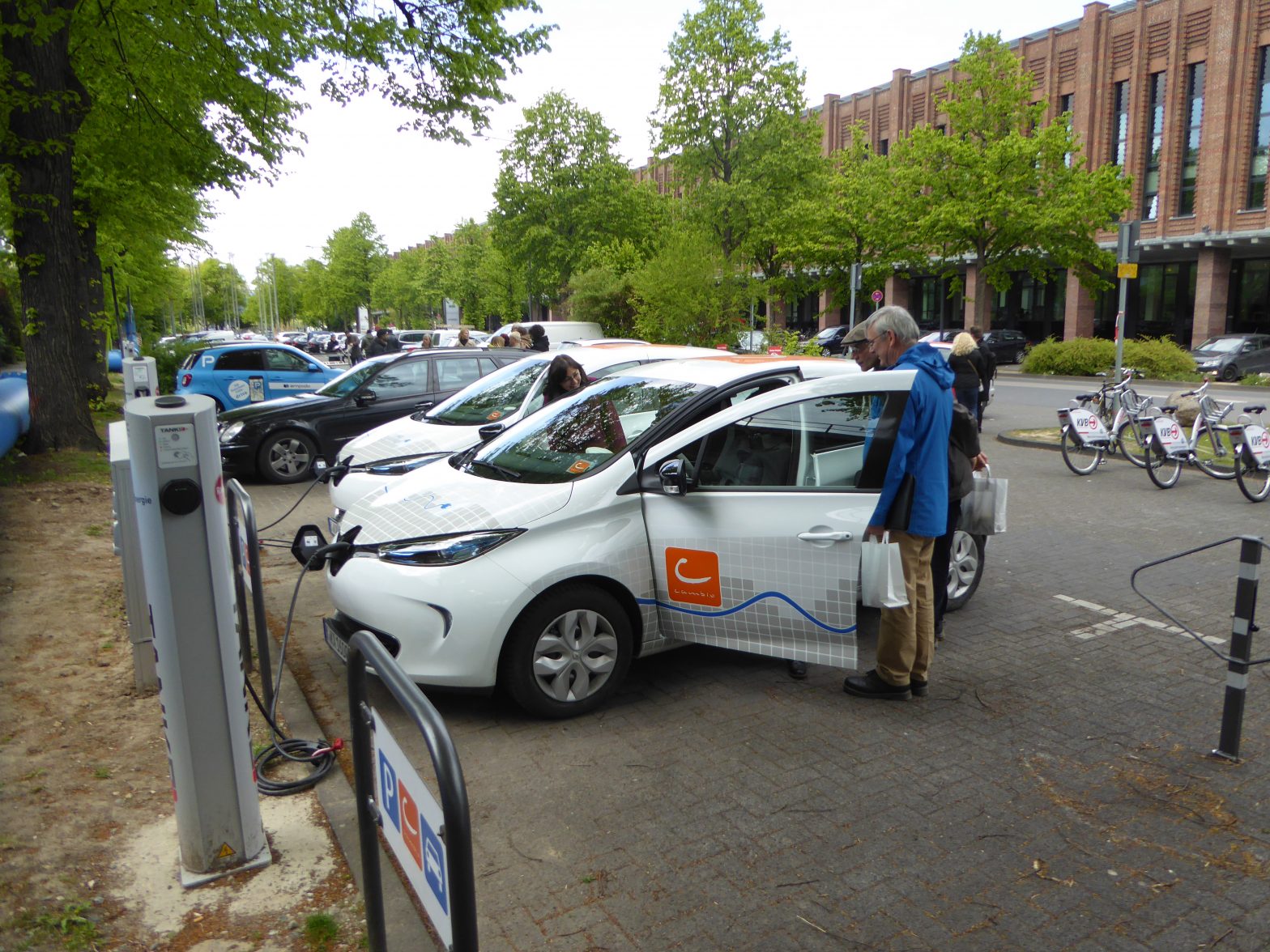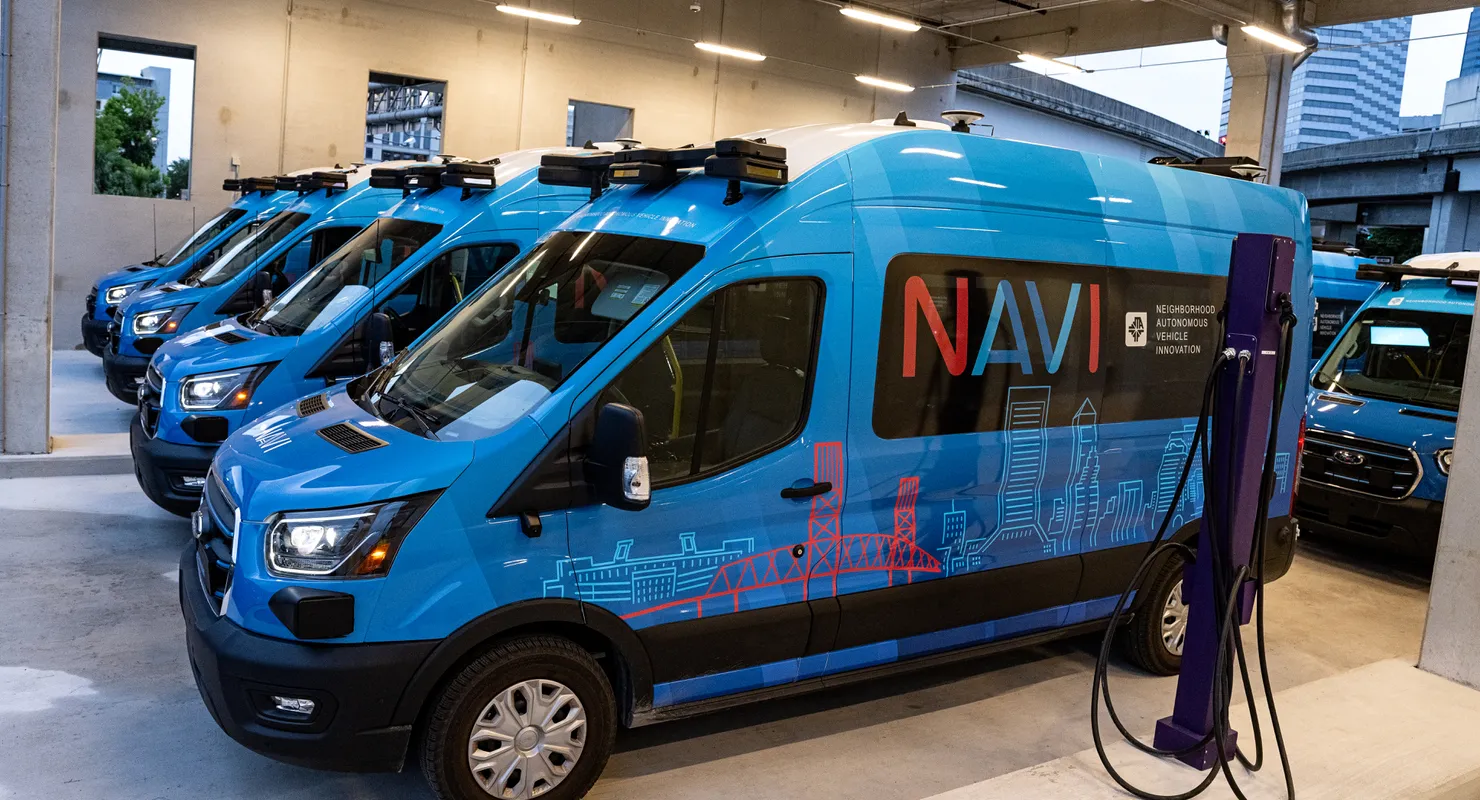
Photo: City of Cologne
Cologne set to expand multi-modal ‘mobility stations’
31 January 2020
by Christopher Carey
The German city of Cologne is planning to roll-out 40 mobility stations in a bid to reduce congestion and cut emissions.
The move comes as the city, along with Stockholm and Barcelona, published recommendations from their five-year EU funded GrowSmarter project, which finished in December.
From Dream to Reality – Recommendations for Policymakers and Practitioners, provides detailed advice on how to implement smart city solutions on a European, national and local level, and is aimed at practitioners in both the public and private spheres.
The 12 solutions in the report cover three areas: low-energy districts, integrated infrastructure and sustainable urban mobility.
The urban mobility stream covered city projects on sustainable delivery, traffic management, alternative fuel vehicles and smart mobility.
As part of the project, Cologne created 10 mobility stations near key interchange points like train stations, where commuters are provided with a range of options for onward travel, including: public transport, electric car-sharing, conventional car-sharing, time-sharing of private and public parking spaces, and bike-sharing.
Cologne’s GrowSmarter project manager Julia Egenolf told Cities Today: “Mobility is a big issue in our city, we have some of the worst traffic jams in Germany.”
It is estimated that 30-40 percent of traffic congestion in Cologne is caused by people looking for a parking space.
“Our mobility stations try to bundle the options available to people, so they don’t have to always rely on their car,” added Egenolf. “Uptake has been good, which is why we’ve now decided to roll-out more stations across the city. We’re currently looking at how this will work, in terms of ownership and who will actually run these mobility stations.”
The city plans to expand the number of hubs to 40, though an exact time-frame has yet to be established.
Other European cities, including Bristol, have visited Cologne to learn about the scheme and potentially replicate the stations.
The solutions that have been implemented in the three ‘lighthouse’ cities of Stockholm, Cologne and Barcelona are already being replicated in other GrowSmarter ‘follower’ cities including Valletta, Porto, Cork, Graz and Suceava.
Speaking to Cities Today, Gustaf Landahl, GrowSmarter project coordinator said: “This report focuses on what is technically possible and financially sound while also looking at how cities overcome the barriers and restraints to implementing smart city solutions.”
The project was one of three chosen from over 19 submissions to receive support from the European Commission under the Horizon 2020 funding stream, from which it received €25 million.







